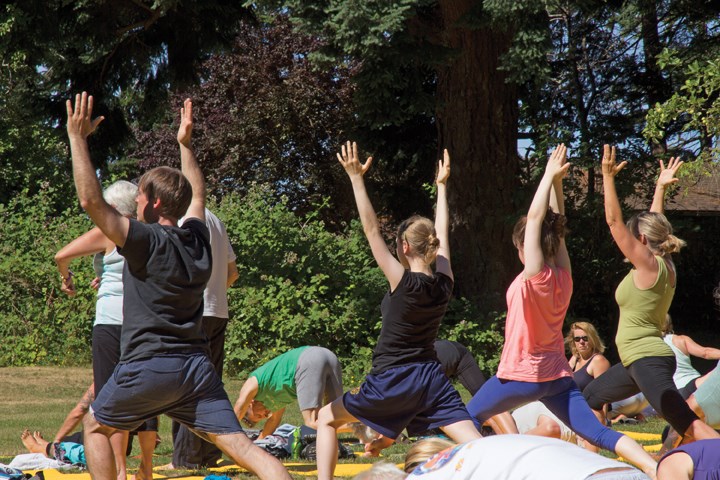Readers of this column will know that I am not a huge fan of pharmaceutical solutions to many mental health issues.
For sure, there are conditions that require and benefit from chemical intervention. But just as surely, informed lifestyle practices can go a long way to alleviating many of the day-to-day miseries of an unquiet mind.
Mental trauma is not just an emotional issue, particularly when there is a breakdown involved. It is also profoundly physical. Like a bruise that never goes away, psychological pain has a bodily impact. It makes sense, then, to understand this and take steps to remedy that which hurts at the deepest level.
A few days ago, I interviewed an old acquaintance who has since his service in the Canadian military suffered from a crippling anxiety disorder. I’ll let him do the talking.
“The emotional stuff, the memories, I dealt with pretty well. I didn’t see combat directly, but I was there. My guys would come back to base really upset and in full-on horror, and as C.O. I absorbed everything and it came out physically.
“When I got home, I ached constantly. It was like the muscles in my body remembered. I hurt all the time. I went into therapy, and started training for triathlons, but it didn’t work. My body was in constant pain.”
That’s where yoga came in.
“A friend told me there was solid science that linked emotional and physical hurt. She recommended yoga as an option.”
There is a view that yoga is some trendy thing that rich urbanites do in big gyms to be cool.
Nothing could be further from the truth.
Yoga is not only a practice thousands of years old, it is backed by cutting-edge science as a way to balance the mental and physical strains caused by life’s stresses and emotional unrest.
Dr. Bessel van der Kolk has dedicated a career to studying the link between mind and body, and to the role of yoga in re-teaching the body to remedy the pain caused by mental trauma.
“What most people do not realize is that trauma is not the story of something awful that happened in the past, but the residue of imprints left behind in people’s sensory and hormonal systems.
“Traumatized people often are terrified of the sensations in their own bodies. Most trauma-sensitive people need some form of body-oriented psychotherapy or bodywork to regain a sense of safety in their bodies.”
It is this security that is causing my interviewee’s pain to dissipate.
But yoga is no free ride.
“When I am practising, doing certain positions, I get flashbacks. It’s like I’m taking the lid off a jar with all these nasty memories and feelings inside. The work is not easy. But maybe that’s a good thing. All I know is that I feel a lot better.”
Here on the Coast, we are blessed with many health care options. Those who prefer a more traditional approach to mental health issues can know that help is just around the corner.
And those of us who find more innovative or unconventional ways to deal with our downturns can also know that there are highly trained practitioners in the areas of yoga and meditation to lend their expertise.



